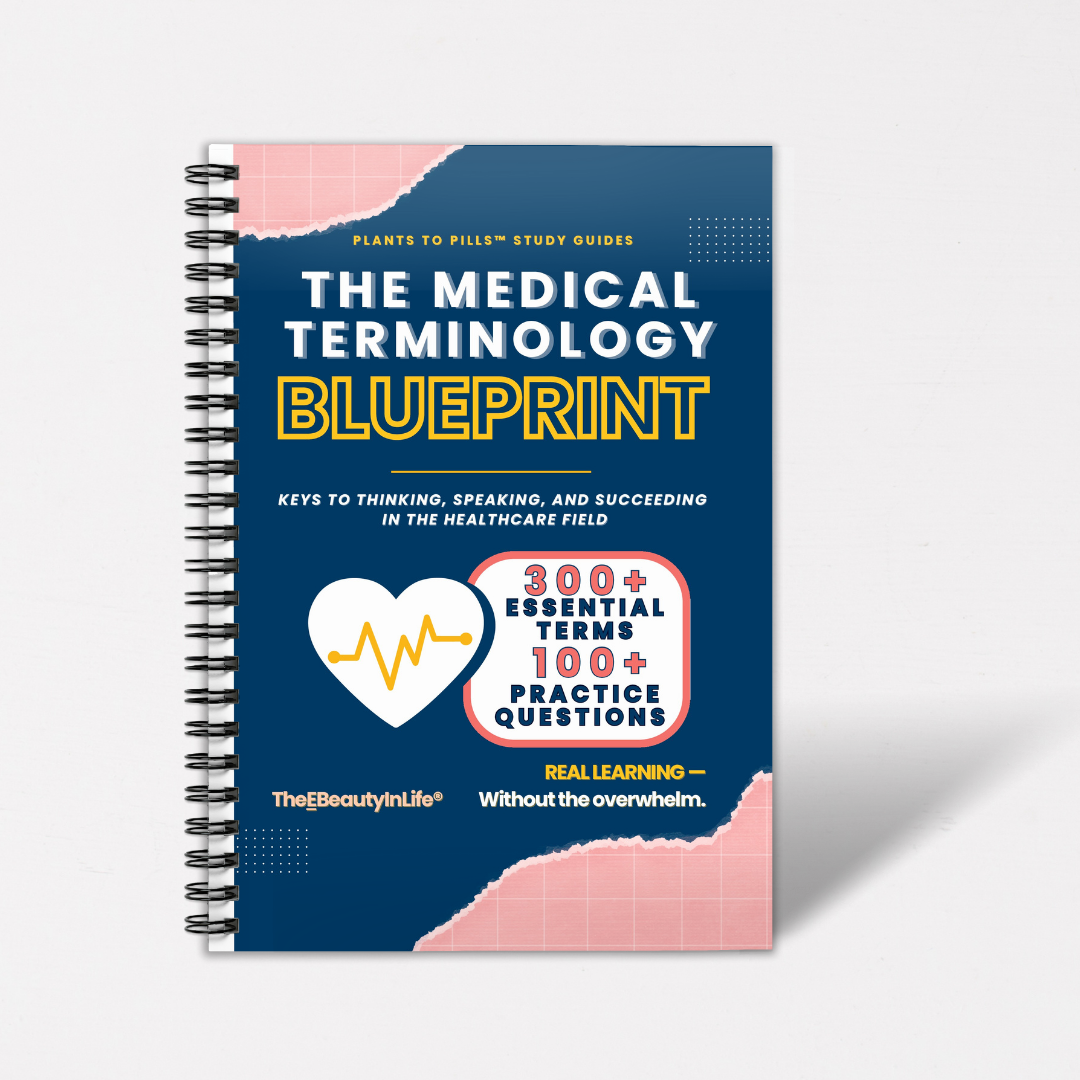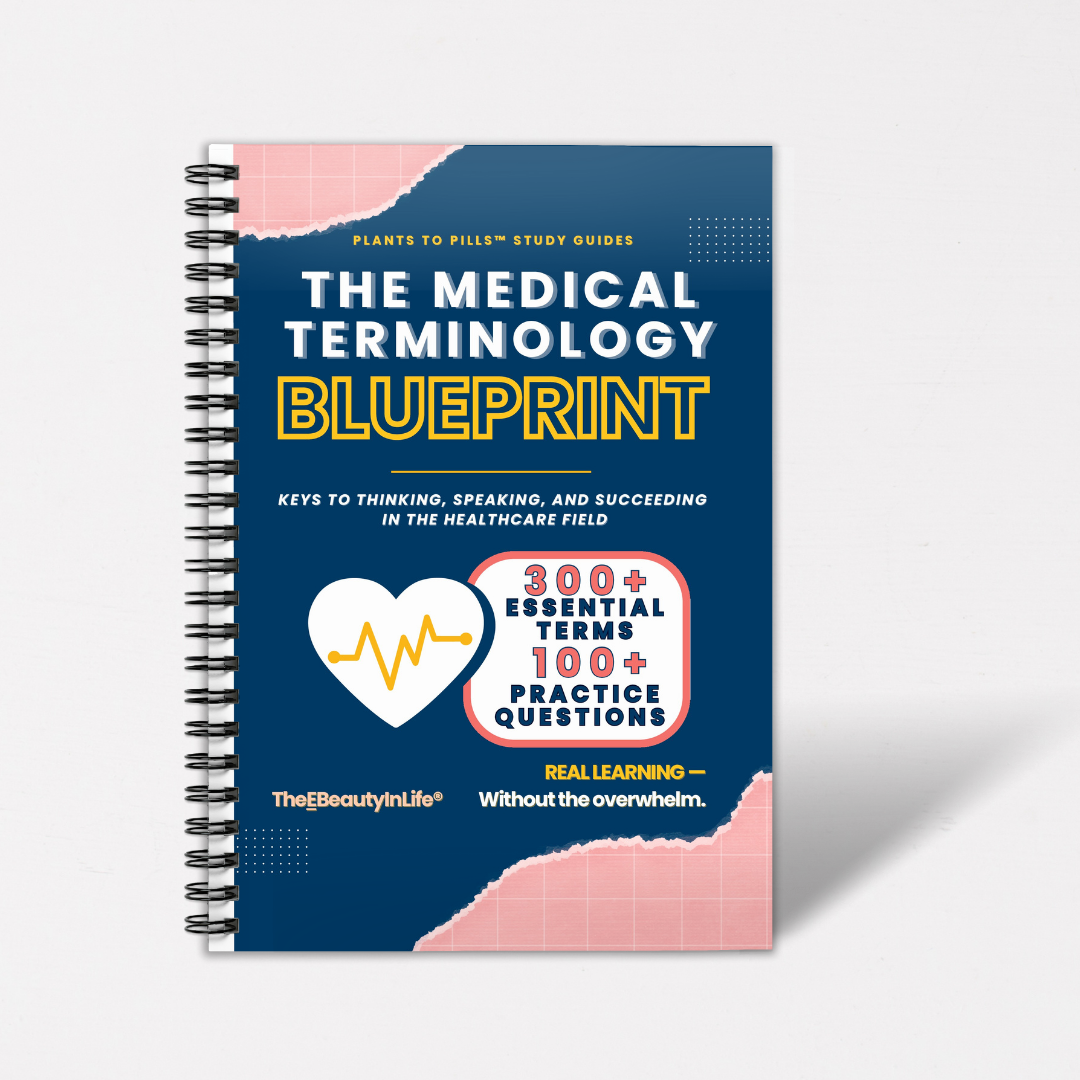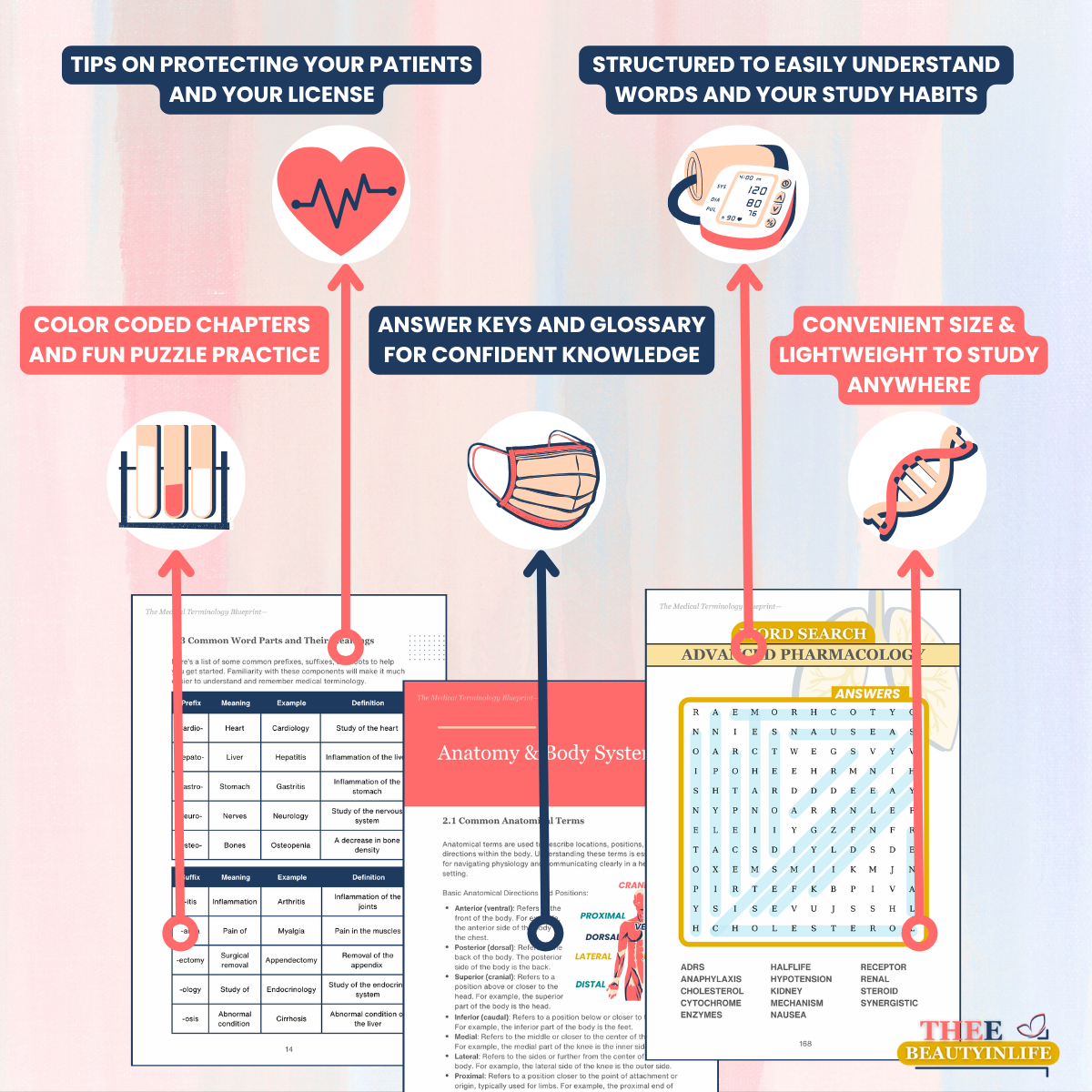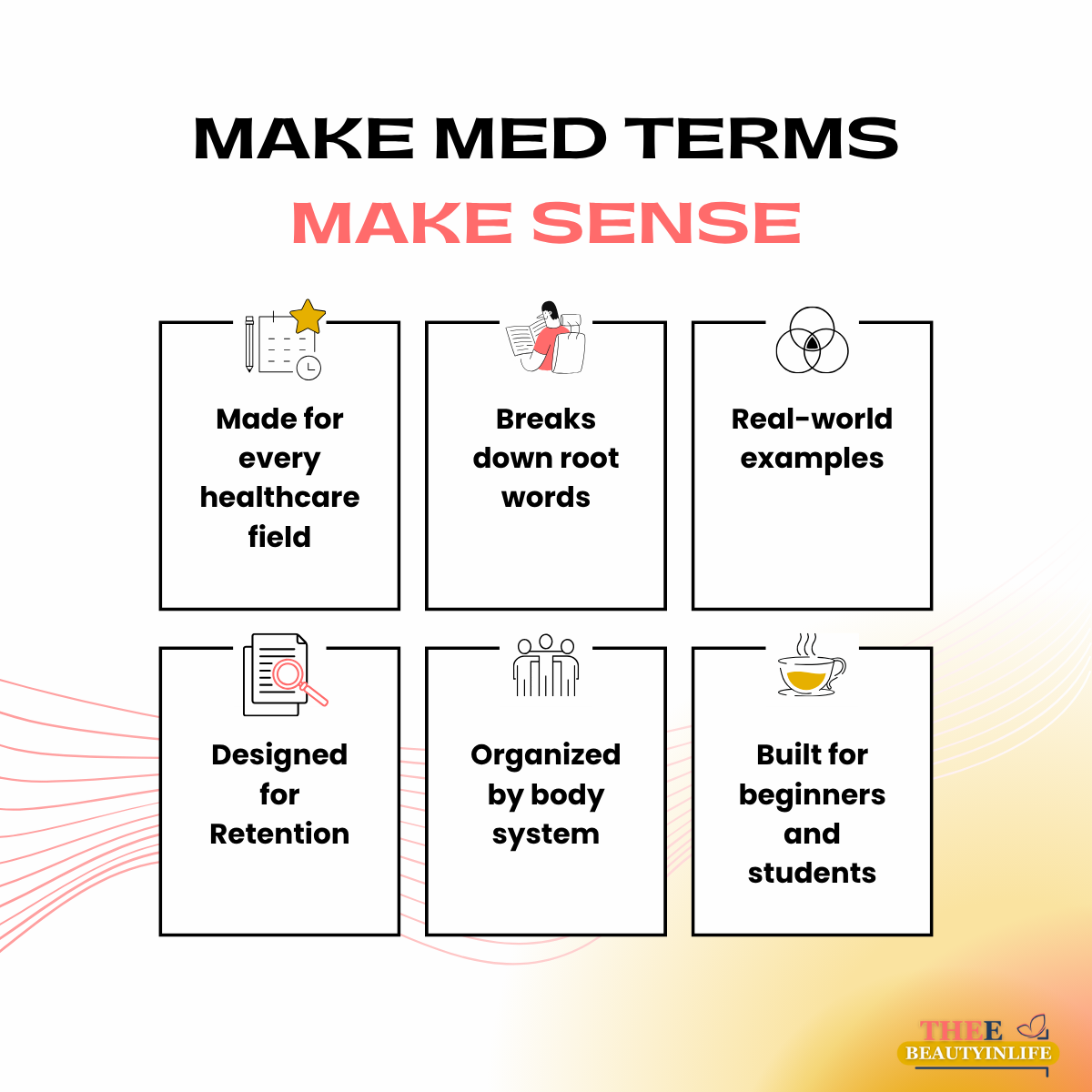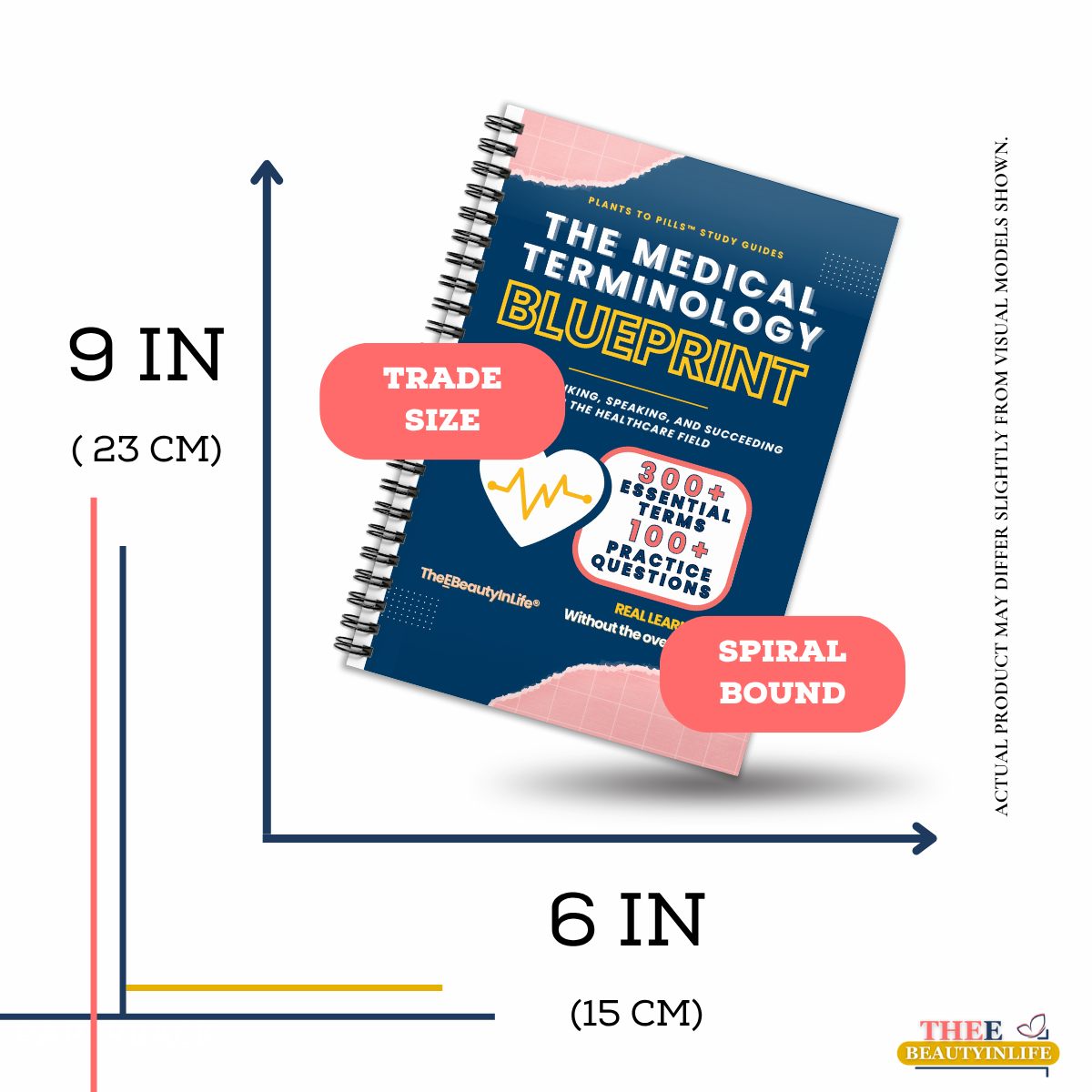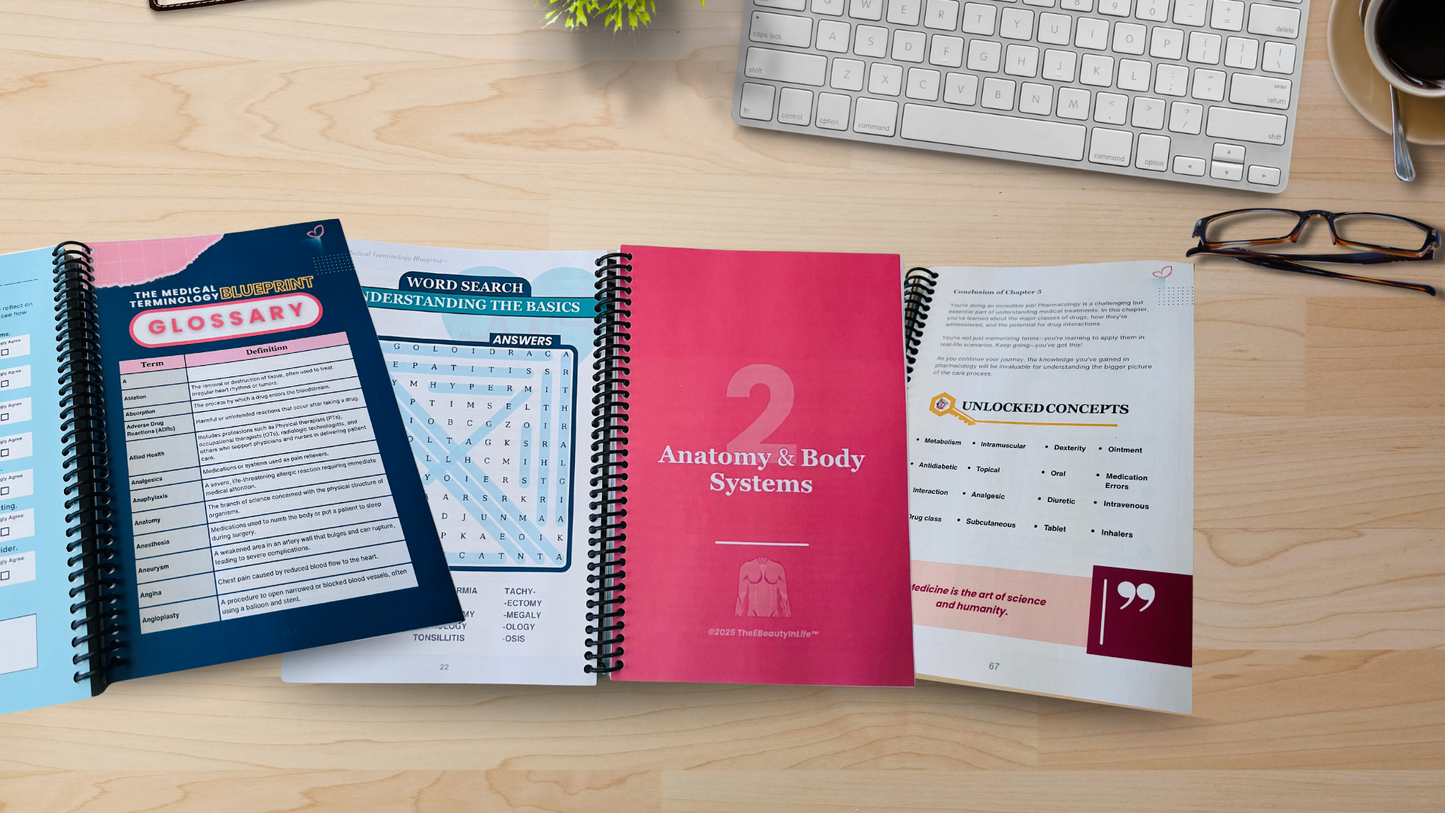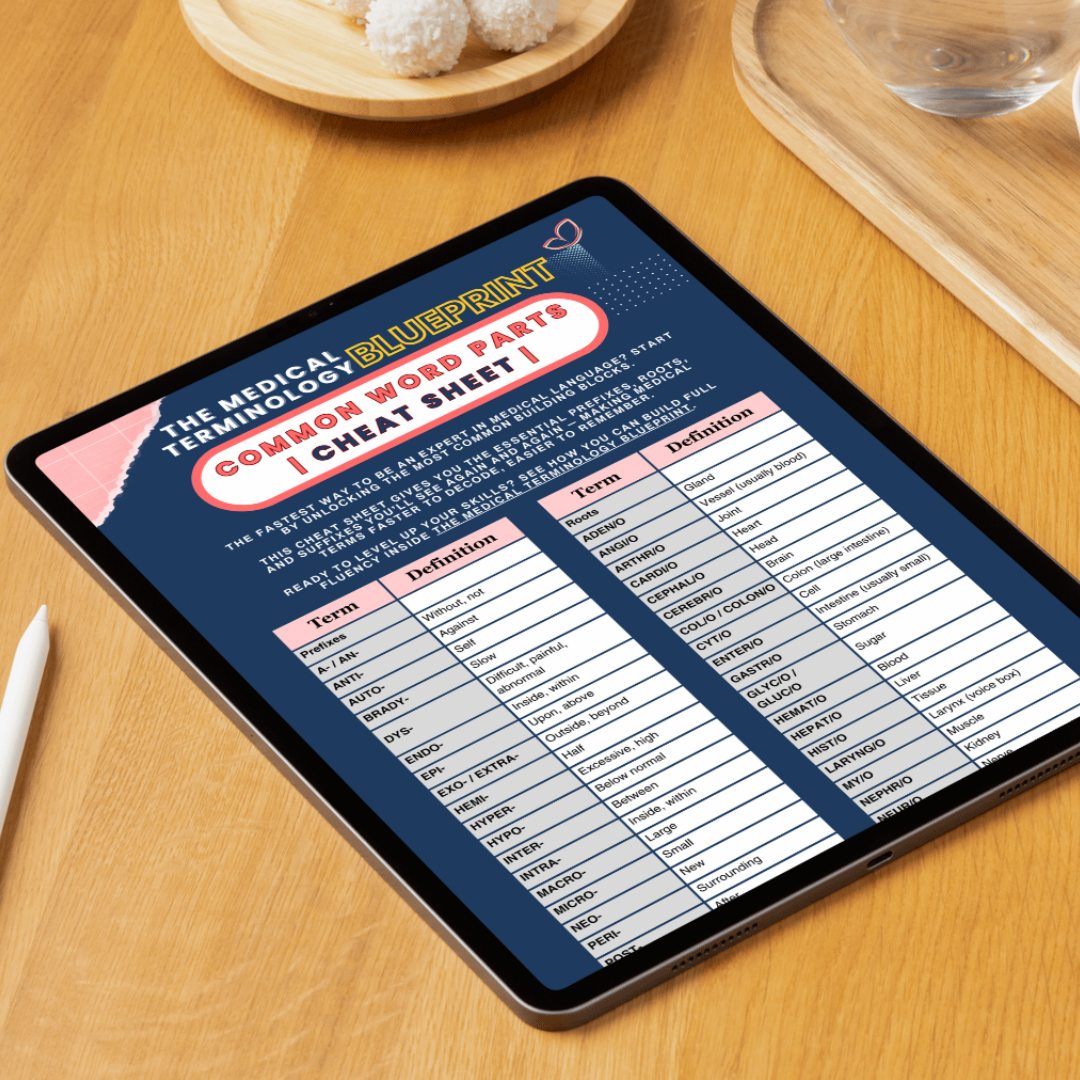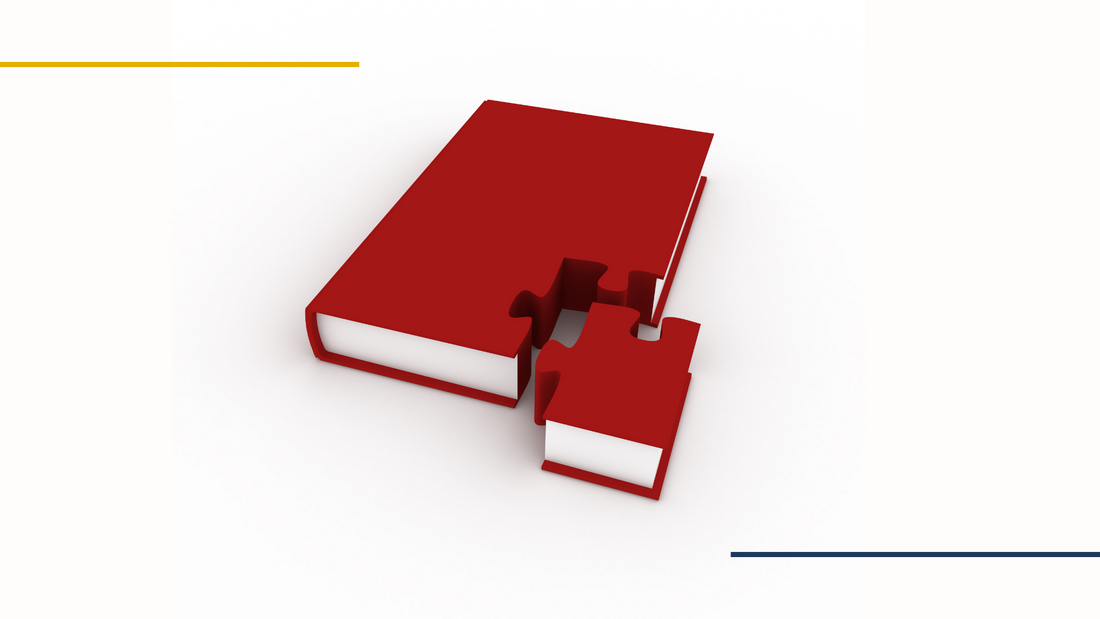
Puzzles for Medical Students? Why They Actually Work
Share
Puzzles for Medical Students? Why They Actually Work
And how they sharpen the skills your exams (and future patients) depend on
When you think of medical study tools, you probably imagine textbooks, flashcards, and long nights reviewing lecture slides. Puzzles? Not so much. But here’s what many students overlook: how you study matters as much as what you study. And the best learning happens when your brain is actively engaged, not passively memorizing.
Here’s 5 reasons why puzzles aren’t just a fun break—they’re a serious save on your time and mental health.
.

1. They Train Pattern Recognition
Whether you’re interpreting a lab value or reading a chart, healthcare is full of clues. Puzzles develop the brain’s ability to spot patterns, connect pieces, and make conclusions from partial information—all critical skills in real clinical work. Practicing this in a low-stakes environment builds your mental reflexes for when it actually counts.
2. They Strengthen Recall Through Play
Most students rely heavily on repetition—but without engagement, repetition turns into noise. Crosswords, matching games, and logic puzzles activate deeper cognitive processing (learning). That means you’re not just repeating info, you’re pulling it out of the file cabinets of your brain—a major key to long-term memory.
3. They Reduce Burnout by Breaking Monotony
Let’s be real: studying those huge textbooks can feel like a grind. And when your brain is bored (or exhausted), it stops absorbing. Puzzles offer a productive change of pace—keeping your mind active while reducing mental fatigue. That makes it easier to return to heavier content with better focus.
4. They Encourage Clinical Thinking
The best puzzles don’t just quiz terms—they prompt you to think like a clinician. What happens if this body system fails? What condition matches these symptoms? When designed well, puzzles simulate the mental steps you’ll use in labs, rotations, and patient interactions.
5. They Reinforce Language Without the Pressure
You’re not always going to get it right the first time—and puzzles give you a chance to practice medical language without performance stress. The repeated exposure helps terms feel more familiar and instinctive, especially when paired with self-reflection and real-world application.
Bottom line? Puzzles aren’t “fluff”—they’re focused brain training. And when combined with the right terminology strategy, they can make a huge difference in how confident and capable you feel in class and on the job.
Looking for puzzle-based tools that actually reinforce what you’re learning?
The Medical Terminology Blueprint includes a full section of puzzles designed to boost recalls, language fluency, and clinical thinking—all in one workbook. It’s structured the way I wish my early materials had been—and it’s already helped other students build a more efficient path forward.
If you’re just getting started—or starting over—it’s a resource worth looking into.
Want more tips like this?
Stick around—new posts are upcoming. You can also join the list to get helpful strategies (and a free cheat sheet) delivered straight to your inbox.




